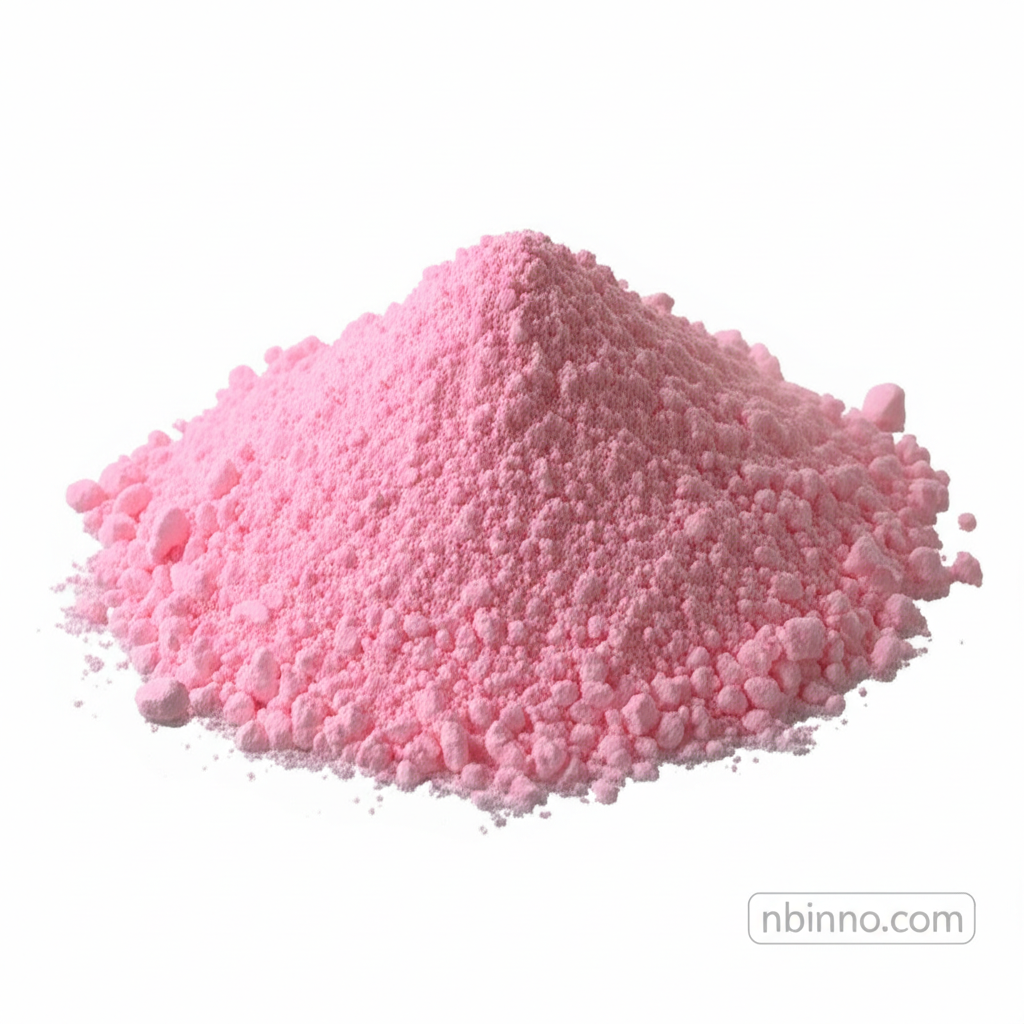Bisphenol S (CAS 80-09-1): Your Essential Industrial Chemical
Discover the versatile applications and properties of Bisphenol S, a key BPA alternative in modern industry.
Get a Quote & SampleProduct Core Value

Bisphenol S
Bisphenol S (CAS 80-09-1) is a vital chemical compound recognized for its utility as a fixing agent and a crucial intermediate in the synthesis of various industrial products. It plays a significant role as a viable alternative to Bisphenol A (BPA), especially in the manufacturing of high-performance materials like polycarbonate, epoxy resins, and polyesters. Its chemical structure and properties lend themselves to diverse applications, making it a valuable component in many manufacturing processes.
- Explore the extensive bisphenol s uses across different industries, understanding its role as a critical fixing agent and resin flame retardant.
- Learn about the diverse bisphenol s applications, from plating bath additives and leather tanning agents to dispersing agents in high-temperature dyeing processes.
- Understand why bisphenol s CAS 80-09-1 is considered a key bisphenol s as BPA alternative in advanced material science and chemical manufacturing.
- Delve into the unique bisphenol s properties that make it an essential bisphenol s chemical intermediate for pesticides, dyes, and auxiliaries.
Key Advantages of Bisphenol S
Versatile Application Range
As a leading bisphenol s industrial application, it serves as a fixing agent, plating additive, and leather tanning agent, showcasing its broad utility.
BPA Replacement Solution
Considered a prime bisphenol s as BPA alternative, it is instrumental in producing polycarbonate, epoxy resin, and polyester, meeting modern manufacturing demands.
Key Chemical Intermediate
Its role as a bisphenol s chemical intermediate is critical for the production of pesticides, dyes, and other essential auxiliaries, driving innovation in chemical synthesis.
Key Applications
Fixing Agent
Bisphenol S is primarily utilized as a fixing agent, ensuring product stability and longevity in various formulations and processes.
Resin Manufacturing
As a bisphenol s as BPA alternative, it is a key raw material for polycarbonate, epoxy resin, and polyester, enabling advanced material production.
Textile and Leather Industries
Its application as a dispersing agent for high-temperature dyeing and as a leather tanning agent highlights its importance in these sectors.
Pesticide and Dye Synthesis
Serving as a crucial bisphenol s chemical intermediate, it is essential for the development and manufacturing of pesticides and dyes.
